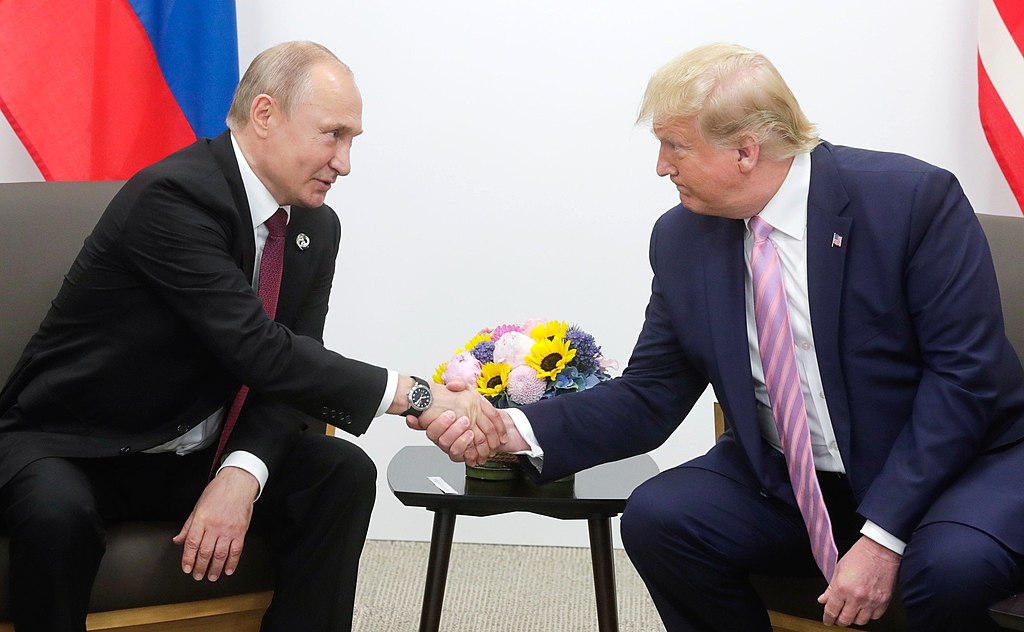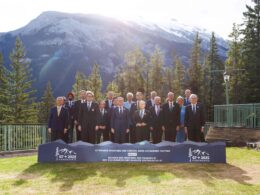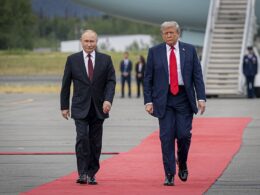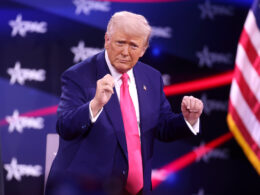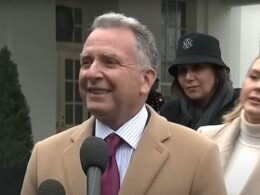The Institute for the Study of War (ISW) reported on 16 April that the White House has reaffirmed its position not to engage in economic agreements with Russia until Moscow agrees to a ceasefire in Ukraine.
White House Press Secretary Karoline Leavitt stated that President Trump made it "very clear" that US-Russian economic partnerships could potentially serve as an incentive for Russia to end its war against Ukraine. However, she emphasized that the United States "needs to see a ceasefire first" – likely referring to either a temporary or permanent full ceasefire in Ukraine.
The Trump administration has previously characterized a temporary full ceasefire as a "necessary step" toward achieving an enduring peace settlement in Ukraine, according to ISW.
US to hold talks on Ukraine with Kyiv’s European allies
Russian President Vladimir Putin rejected the joint US-Ukrainian 30-day full ceasefire proposal when Trump called him on 18 March. Since then, senior Russian officials have repeatedly reiterated Putin's rejection while attempting to deflect blame onto Ukraine and secure additional bilateral concessions from the United States, ISW says.
On 16 April, Kremlin Spokesperson Dmitry Peskov claimed that Ukraine's decision to extend martial law and continue general mobilization until 6 August is an attempt to preserve Ukraine's "unstable structure." Peskov implied that Ukraine's ban on negotiations with Russia is inhibiting progress towards ending the war.
Trump prolongs ban on Russian vessels in American ports for another year
However, ISW notes that the Ukrainian government is legally prohibited from lifting martial law while Russia continues to attack Ukraine.
Despite peace talk rhetoric, Russian authorities appear to be intensifying their recruitment efforts, suggesting that the Kremlin intends to sustain its current force generation efforts for some time, according to ISW.
"The Kremlin is continuing efforts to blame Ukraine for the lack of progress towards Trump's desired full ceasefire. Ukraine has already agreed to Trump's temporary full ceasefire proposal, while Kremlin officials have consistently reiterated that Russian President Vladimir Putin's non-negotiable demands for regime change in Ukraine, extensive territorial concessions, and limitations on Ukraine's military that would render Ukraine defenseless as conditions must be met before Russia can agree to a future ceasefire," ISW concluded.

